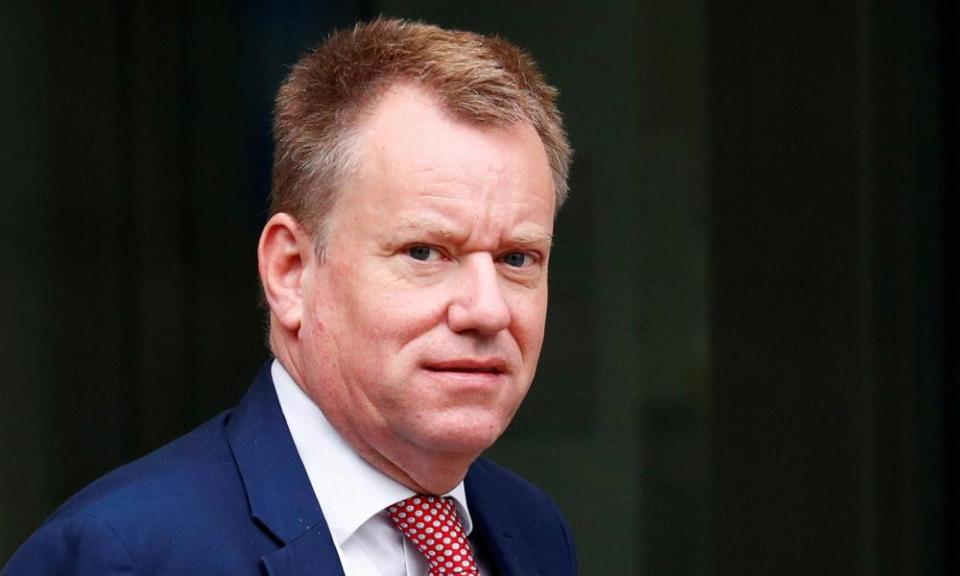UK and Brussels clash over post-Brexit trade deal even before key talks begin
Downing Street is accusing the EU of being in disarray over its plans for a post-Brexit trade deal, in the latest deterioration of relations ahead of crunch talks next month.
Boris Johnson will also unveil his blueprint for a US trade deal next week, in a move designed to heap further pressure on Brussels. However, EU sources regard the hostile briefings as a bluff from the prime minister’s team, saying that their pre-negotiation plans are on track.
Both the government and the EU will unveil their negotiating mandates this week, before the two sides come together for talks at the start of March. However, figures on both sides are also worried about the early collapse of talks after a series of clashes before discussions have even begun.
The conflict centres on the degree to which Brussels will demand that Britain sticks to EU rules as part of a deal. Johnson and his chief negotiator, David Frost, have said that they have no intention of doing so and are prepared for the disruption in trade that could follow.
Government sources said that the UK would accuse the EU of depriving Britain of deals that it has already offered other countries outside the bloc. It will double down on its accusation that the EU has effectively withdrawn an offer to give the UK a Canada-style agreement, which would allow Britain to diverge from EU rules in the future. However, the EU insists that Britain’s proximity and the size of its trade always meant that such an offer was dependent on its willingness to adopt “level playing field” measures, designed to keep it aligned to some EU rules.

Downing Street’s negotiating proposals will be signed off by a committee of cabinet ministers on Tuesday and published on Thursday. Talks will be split between Brussels and London, a fact which is also being trumpeted as a major win by Downing St. Insiders accuse the EU of being hamstrung by indecision and distracted by talks over the bloc’s budget. This is denied by the EU, which insists its plans will emerge this week, as forecast.
There have also been disagreements over the Northern Ireland border and Greece has even used the talks to step up its campaign for the return of the Parthenon Marbles.
A Downing Street source said: “We left the EU on 31 January in line with the referendum result. We regain full independence for the people of the UK at the end of this year: the negotiation is about defining the terms on which we do that.”

 Yahoo News
Yahoo News 
